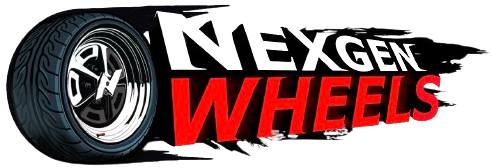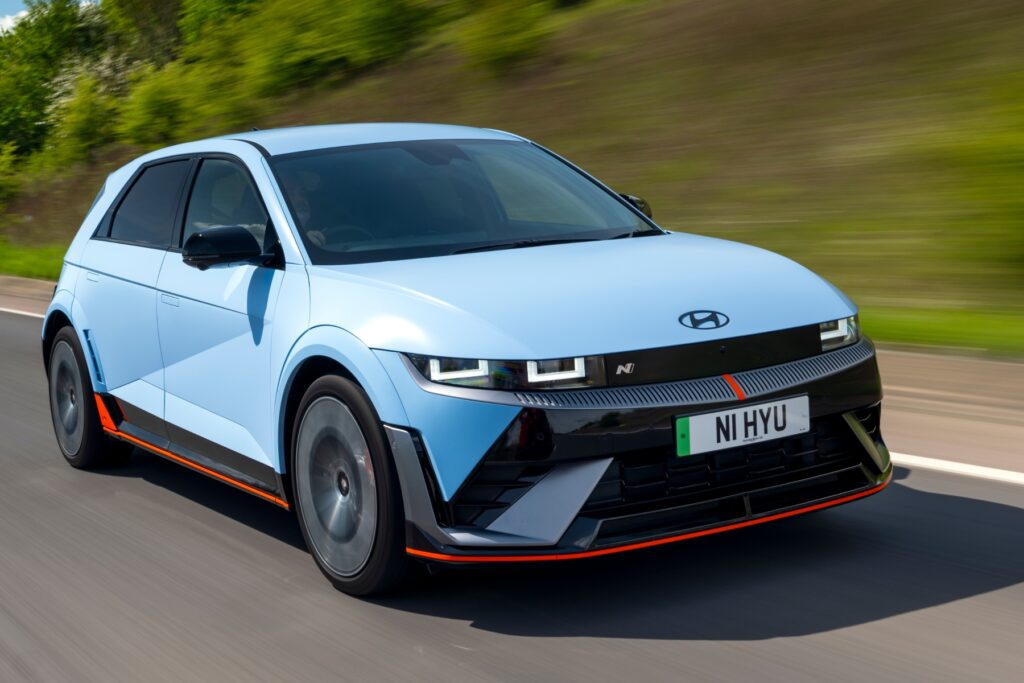Electric vehicles are no longer just about saving the planet—they’re about shattering performance records. The fastest electric cars of 2025 prove that you don’t need a gas-guzzling V12 to feel G-force acceleration. From 0–62mph in under two seconds to cutting-edge EV battery technology, these cars blend innovation with blistering speed.
But what makes these machines so fast? Under the hood—or floor, rather—lies the future: advanced battery systems, ultra-fast charging capabilities, immersion cooling, and tech born from electric race cars like those in Formula E. As the electric vehicle market continues to grow, high-performance EVs are setting new standards for what’s possible on the road.
Here are the top 7 electric hypercars and performance EVs of 2025, along with the revolutionary tech that fuels their 0–62mph madness.
1. Rimac Nevera
Power: 1,888bhp
0–62mph: 1.81 seconds
Top Speed: 256mph
Croatia’s Rimac Nevera holds the crown as the fastest-accelerating production EV on the planet. Thanks to four electric motors, a 120kWh battery pack, and next-level EV innovation, it launches like a rocket.
What makes it special is its sustained high performance—the Nevera doesn’t just burst forward for a few seconds and fade. It uses a proprietary cooling system to maintain power output lap after lap, a principle drawn directly from Formula E’s GEN3 battery system research.
2. Pininfarina Battista
Power: 1,873bhp
0–62mph: 1.86 seconds
Top Speed: 217mph
Built in collaboration with Rimac, the Pininfarina Battista shares a similar powertrain but adds Italian elegance to the equation. The Battista proves that design and engineering don’t need to be mutually exclusive.
Its battery cooling and thermal regulation systems—drawing inspiration from immersion cooling used in electric race cars—allow it to sustain high speeds without losing performance. This makes it not only fast but also incredibly reliable for repeat acceleration.
3. Aspark Owl
Power: 1,953bhp
0–62mph: 1.91 seconds
Top Speed: 256mph
Japan’s Aspark Owl looks like something out of a sci-fi film and performs like it too. Its carbon fiber body and ultra-low center of gravity help it glide to jaw-dropping speeds.
While it hasn’t been built for track endurance, the Owl features one of the most aggressive uses of lightweight battery architecture and aerodynamics in the EV world. It’s a halo product showing how far electric hypercars can push design boundaries.
4. Tesla Model S Plaid
Power: 1,006bhp
0–62mph: 1.99 seconds
Top Speed: 200mph
Tesla has long led the charge in redefining what an electric car can do, and the Tesla Model S Plaid is no exception. It’s not just one of the fastest EVs—it’s a luxury sedan with room for five and 373 miles of range.
Tesla uses advanced thermal management systems and a three-motor layout to achieve both high power and efficiency. Its ultra-fast charging via Supercharger V3 networks also proves how performance and practicality can coexist.
5. Porsche Taycan Turbo S
Power: 751bhp
0–62mph: 2.8 seconds
Top Speed: 162mph
Fastest Electric Cars Porsche’s commitment to driving precision meets electrification in the Taycan Turbo S. This isn’t just a straight-line beast—it’s a performance machine built for corners too.
Using Formula E-derived systems like regenerative braking and active torque vectoring, along with sustained high performance battery cooling, the Taycan maintains its output across long drives and spirited sprints. Its ultra-fast charging capability up to 270kW also sets industry standards.
6. Hyundai Ioniq 5 N
Power: 640bhp
0–62mph: 3.4 seconds
Top Speed: 162mph
This hot hatch from Hyundai’s N division surprised everyone by becoming one of the top 0–62mph electric cars in 2025. With motorsport-grade upgrades including adaptive suspension, “e-shift” transmission feel, and drift mode, the Ioniq 5 N is proof that performance isn’t reserved for six-figure hypercars.
Its smart thermal management system allows it to maintain sustained high performance, while Hyundai’s investment in EV innovation is helping push mid-range EVs into supercar territory.
Final Thoughts: The Tech Behind the Speed
What unites all of these vehicles isn’t just speed—it’s EV innovation. At NexgenWheels, we’ve seen how lessons from Formula E, especially in GEN3 battery system design, immersion cooling, and ultra-fast charging, are transforming what’s possible. Today’s fastest electric cars deliver not only explosive acceleration but also sustained high performance under real-world driving conditions.
The line between racetrack and highway is fading fast. As automakers continue to push the boundaries of battery tech and software, the electric vehicles featured on NexgenWheels aren’t just following the pace—they’re setting it.


